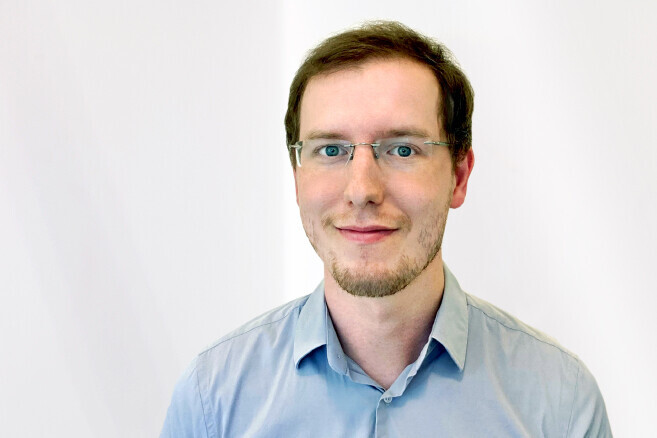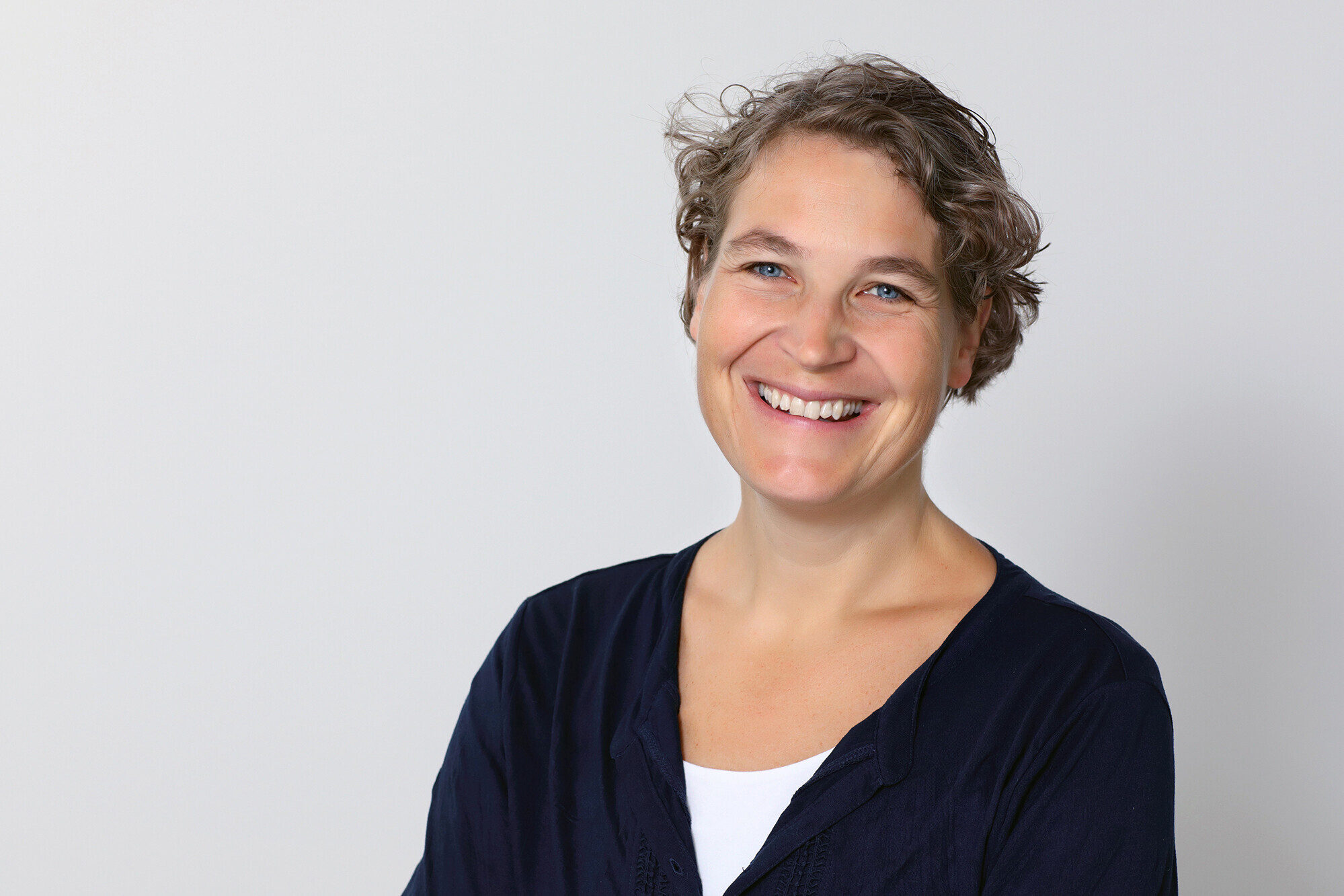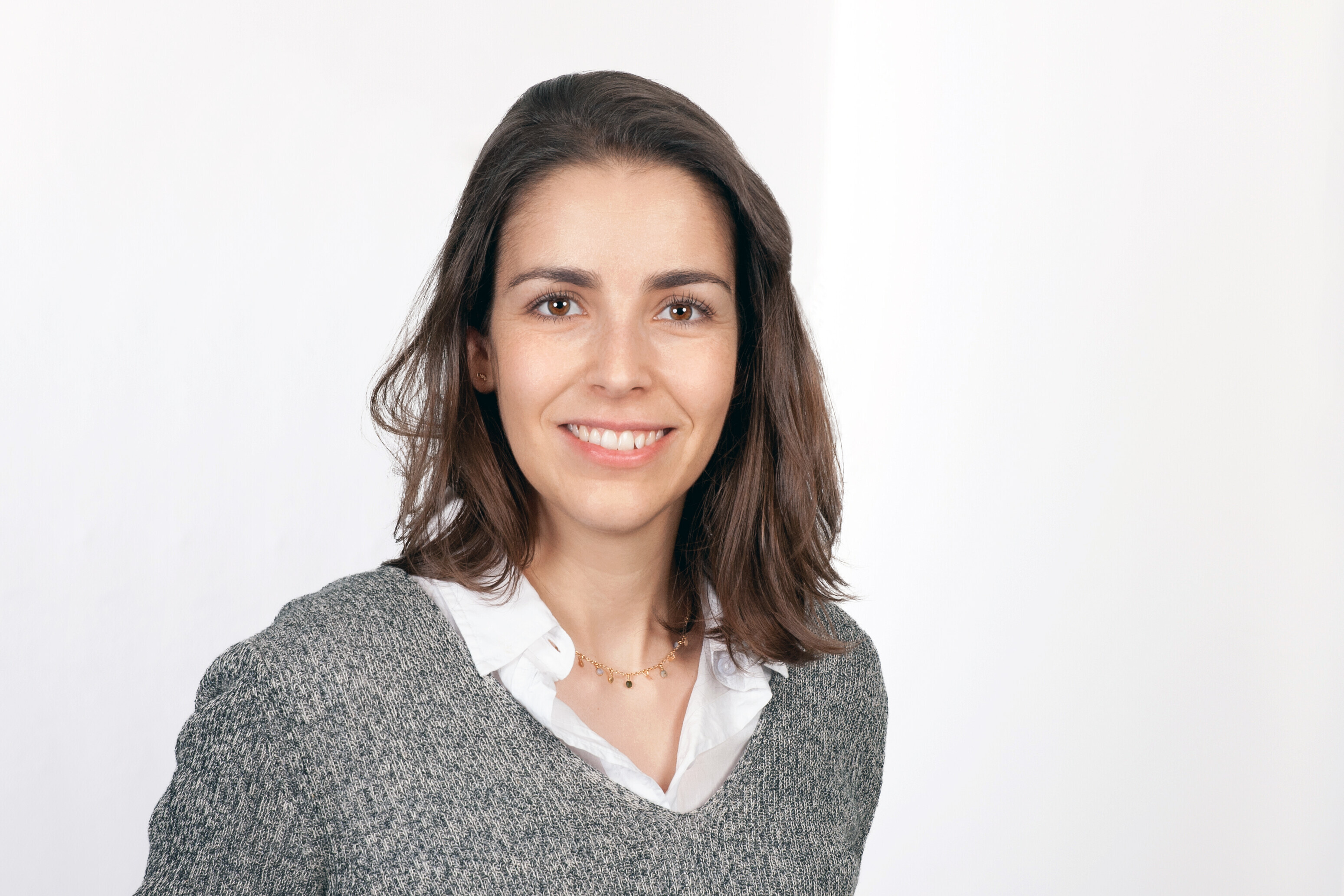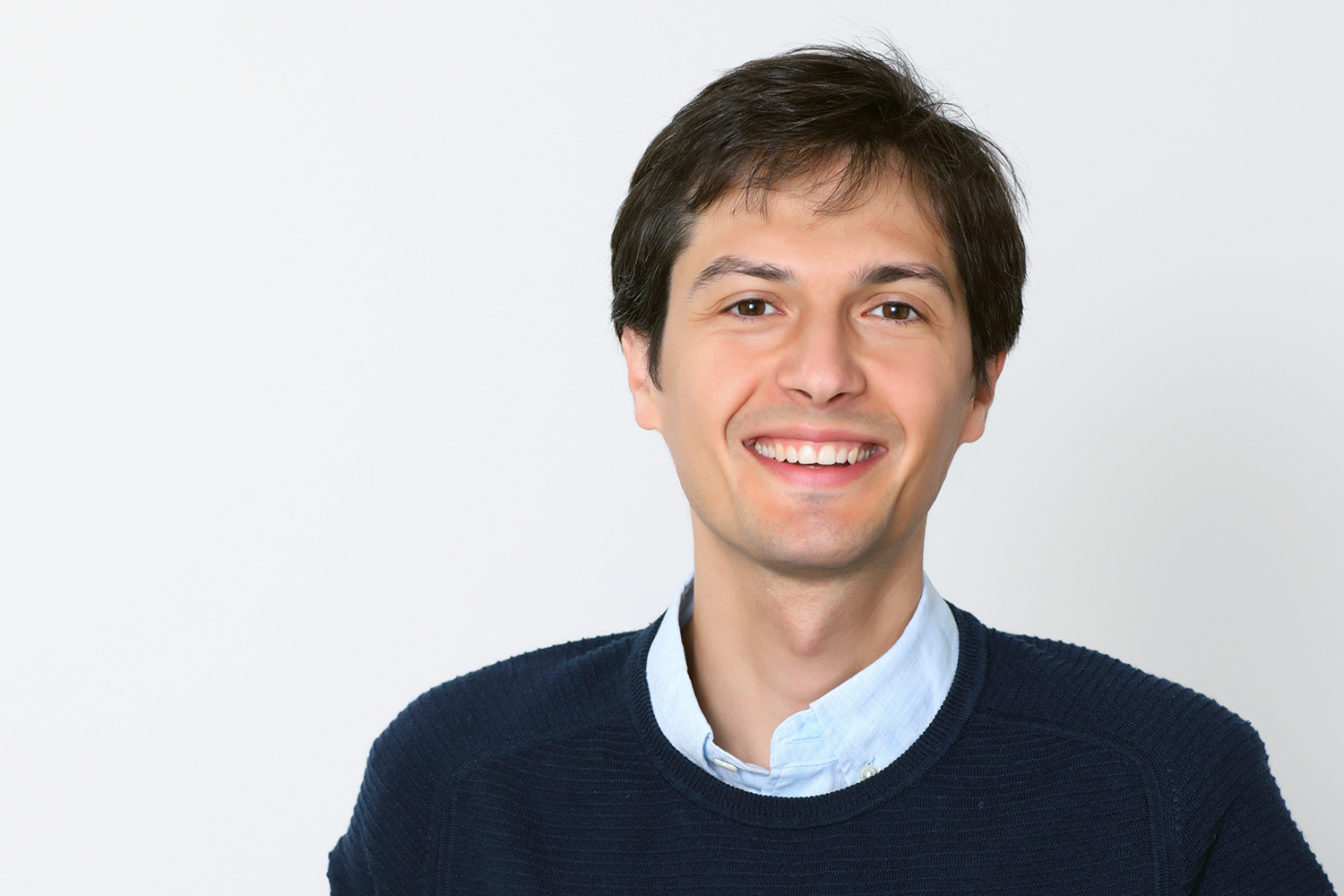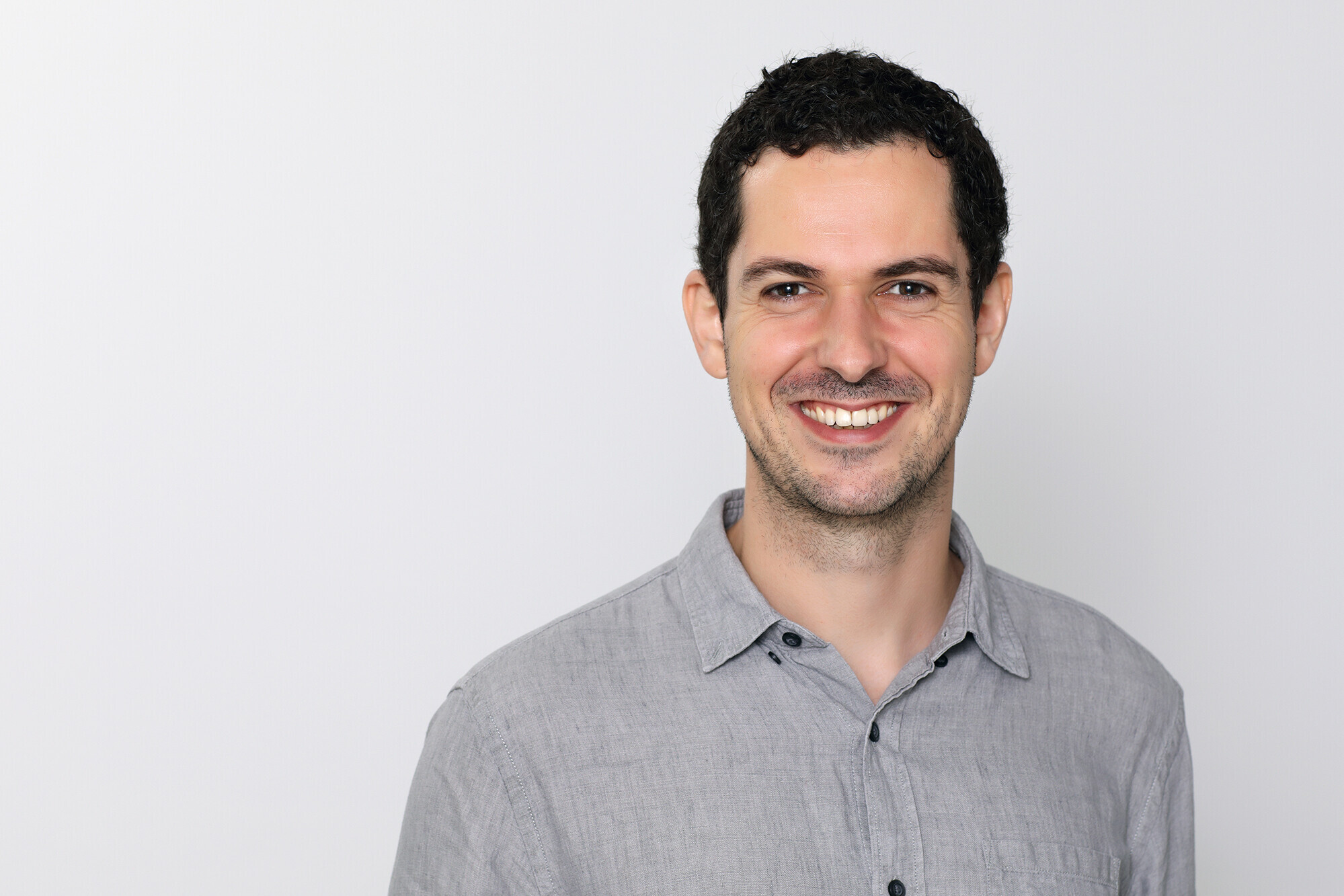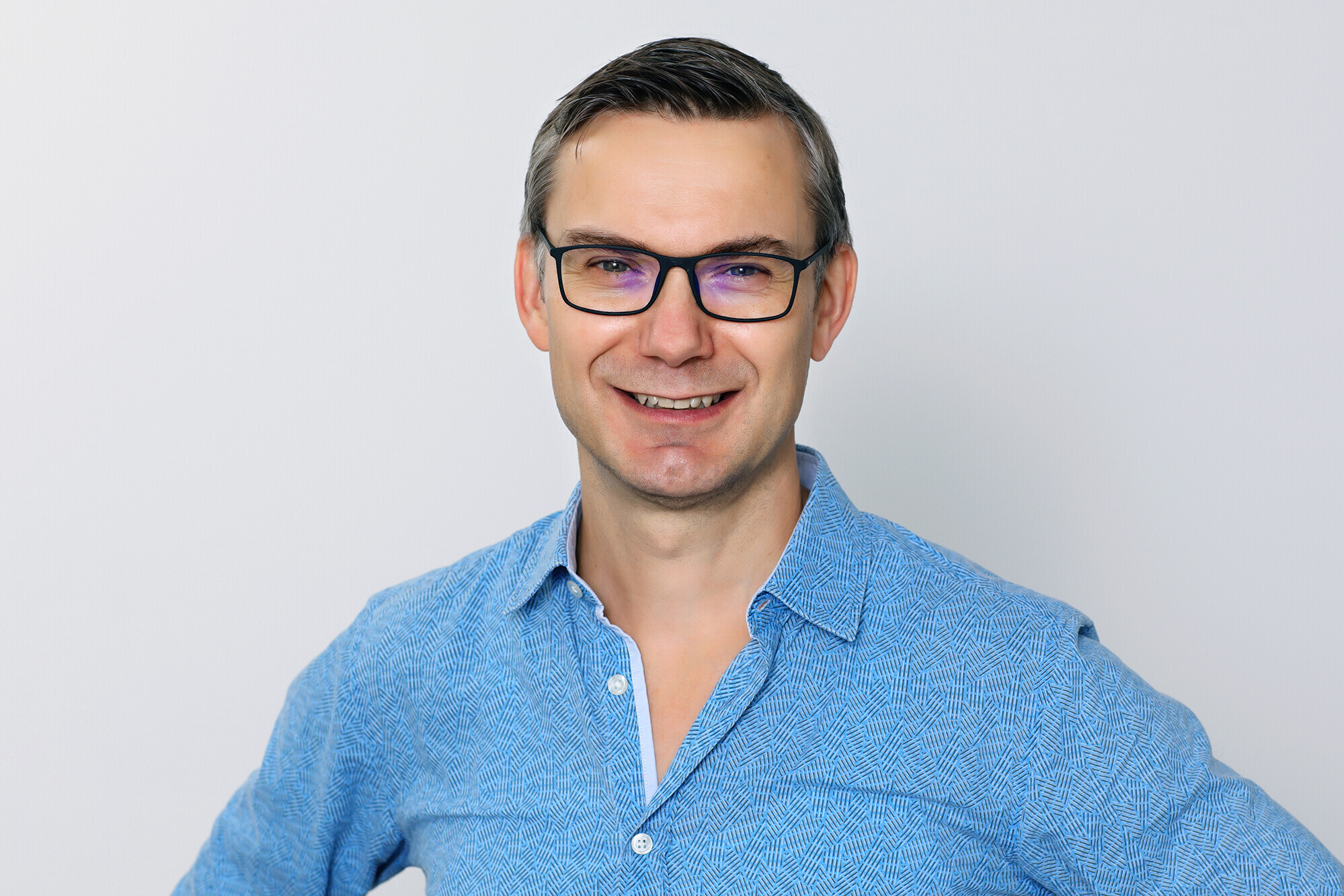Research at the IMP is driven by scientific curiosity. Research questions are chosen by each principal investigator and the entire institute works towards supporting the labs’ search for answers. Below, you can find a short summary of the most burning questions that fuel our passion for science and our dedication to research.
Francisco Balzarotti

How can light-based methods provide maximal information on biological processes?
Meinrad Busslinger
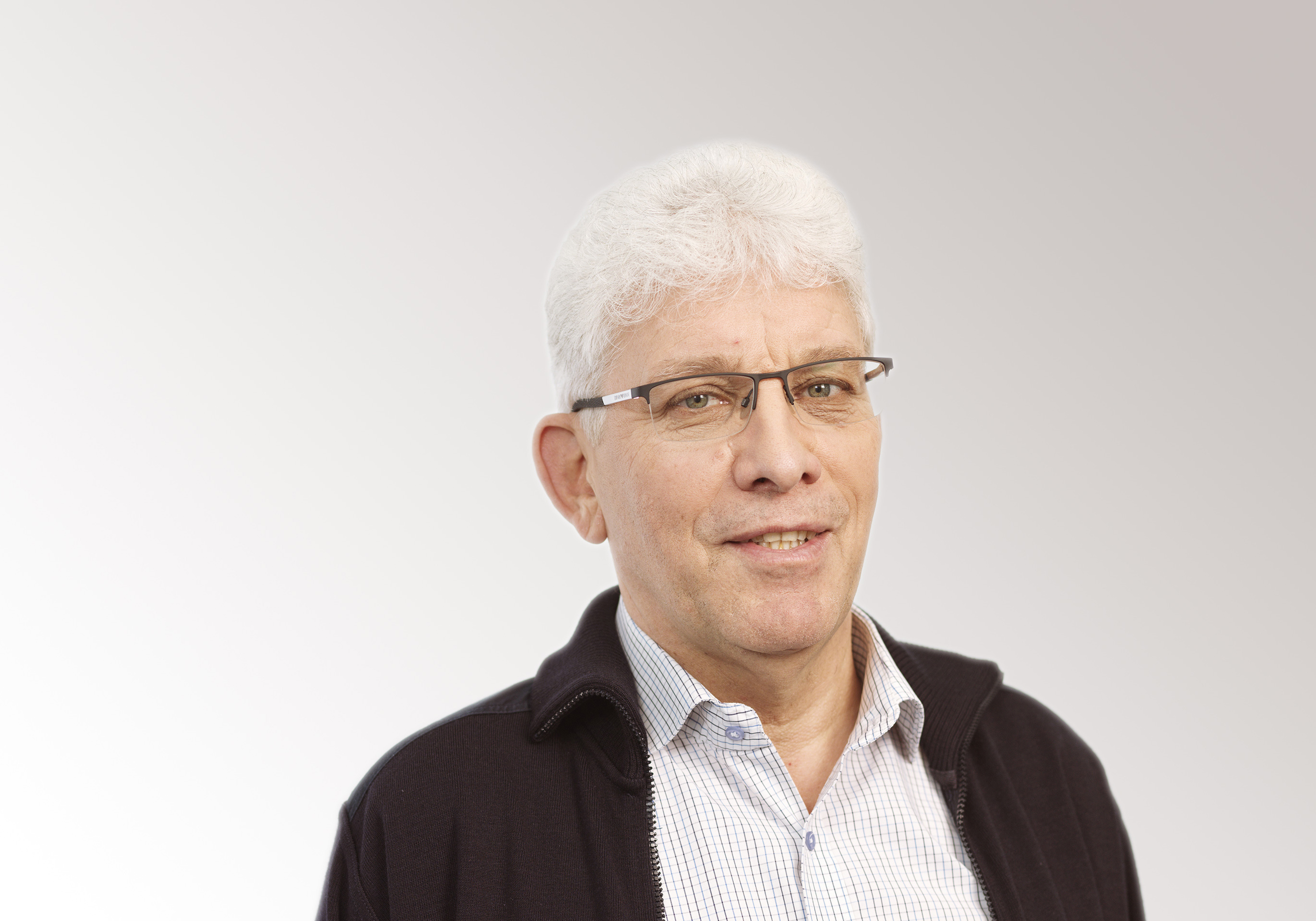
How do transcription factors control the development of B cells and plasma cells?
Tim Clausen
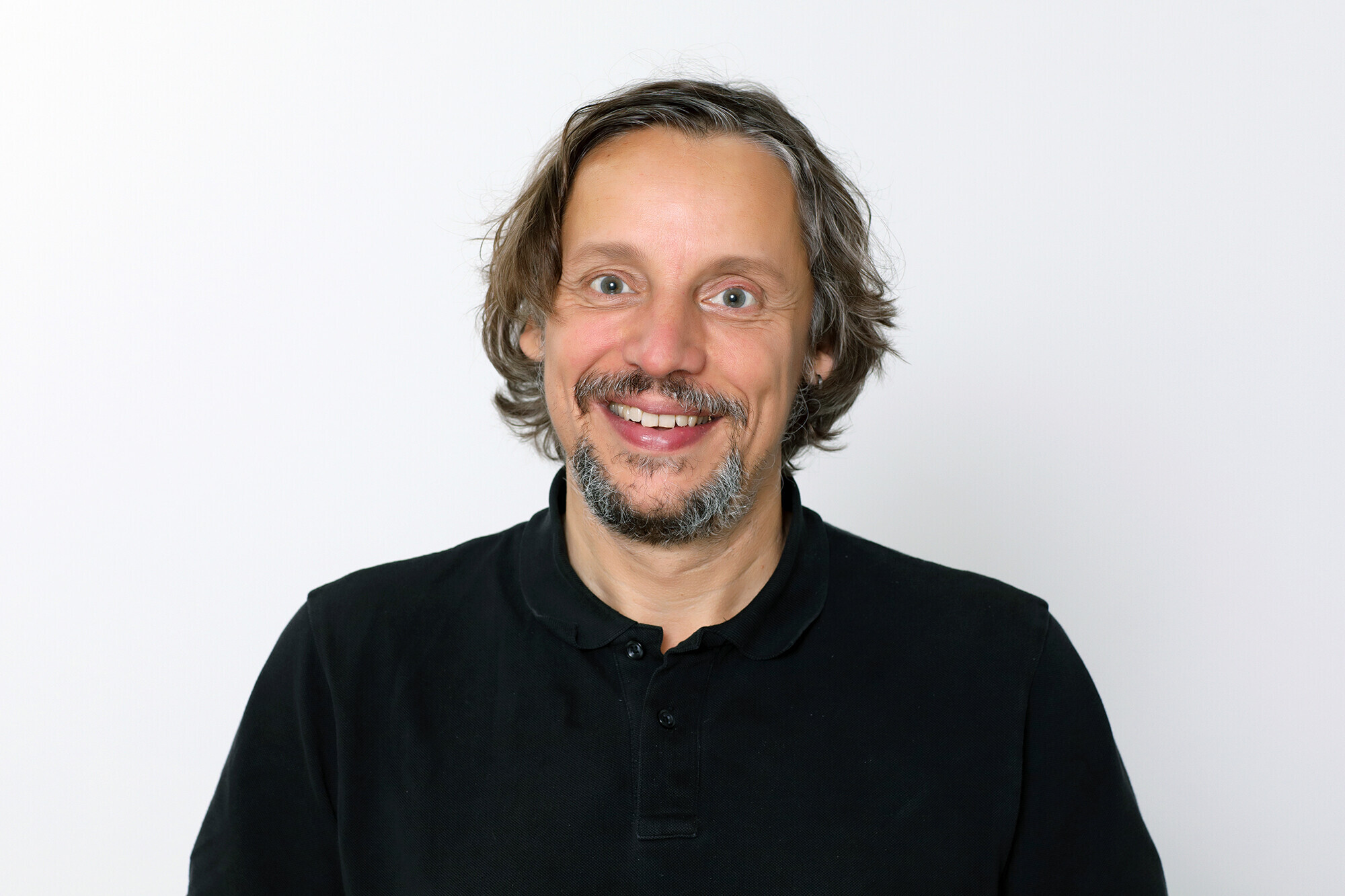
How does the structure of chaperones and proteases that control protein quality relate to their function, and how could this be used to tackle disease and antibiotic resistance?
David Haselbach
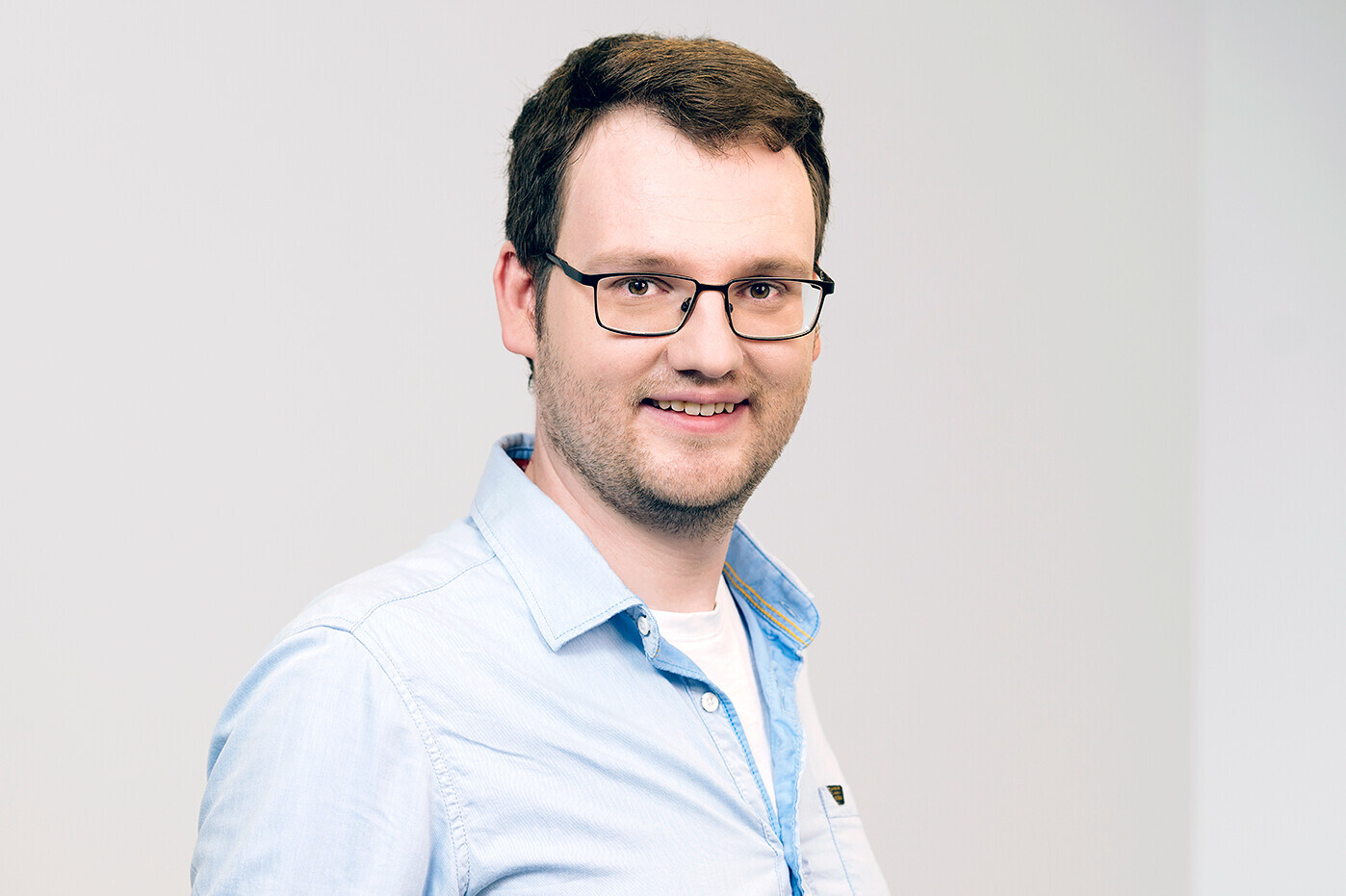
How are molecular machines designed to fulfil their productive function? How is the failure of such machines prevented?
Anna Obenauf
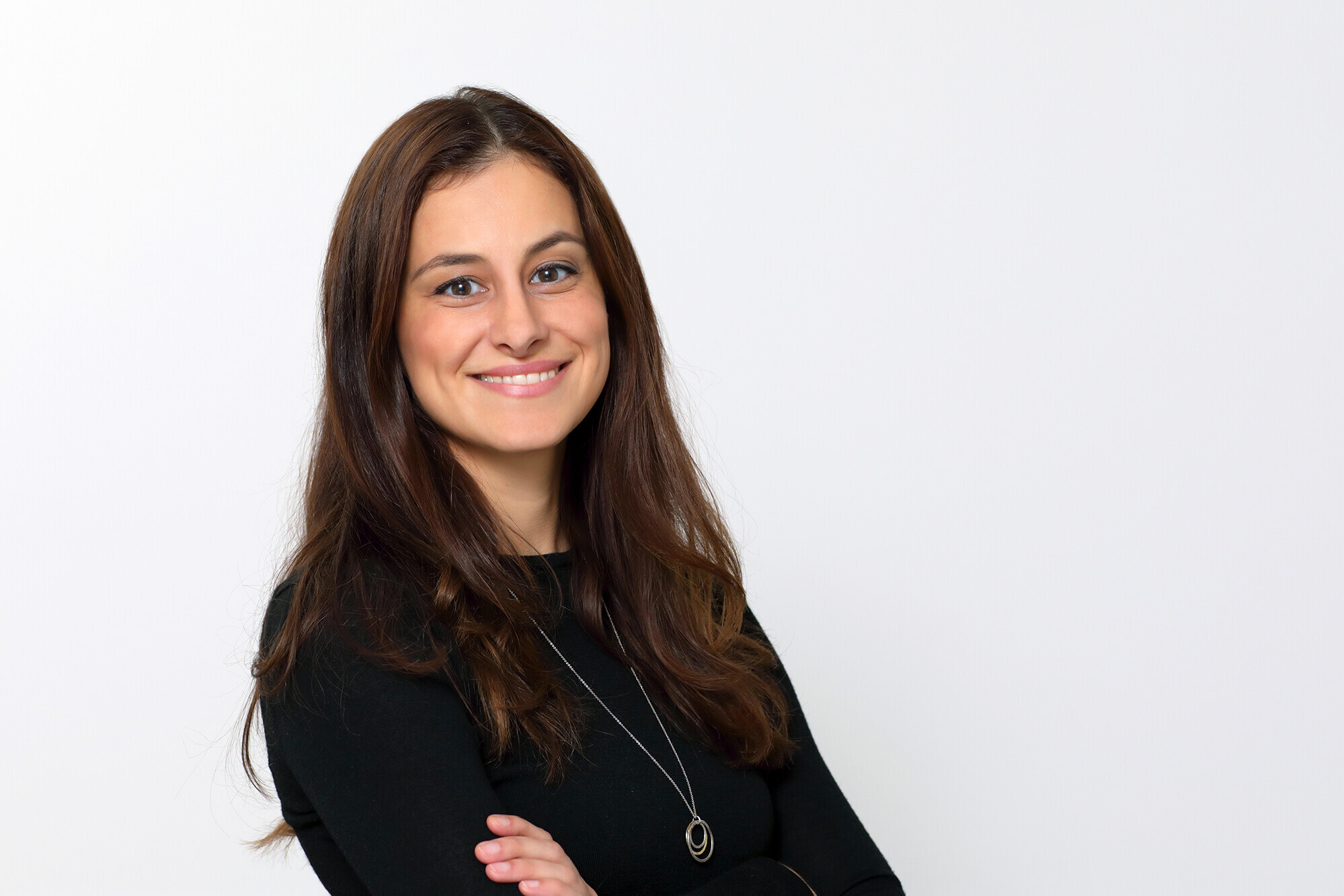
What are the molecular mechanisms behind cancer? How can we exploit the vulnerabilities of cancer cells to find opportunities for new therapies?
Jan-Michael Peters

How can one cell divide into two identical daughter cells in a way that ensures the genome is precisely copied and partitioned?
Alexander Stark
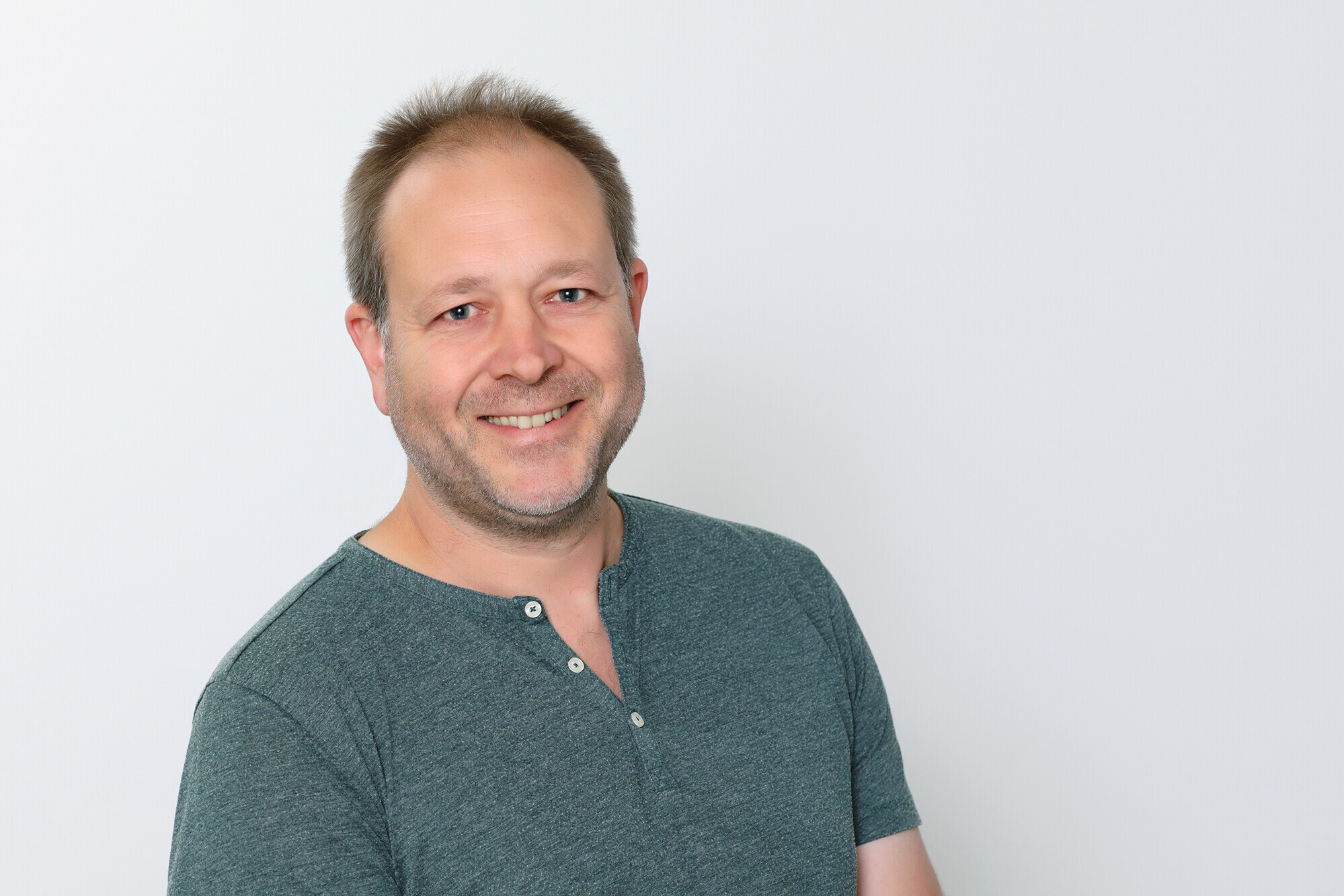
How is gene regulation and therefore the development of our bodies encoded in our DNA sequence?
Johannes Zuber
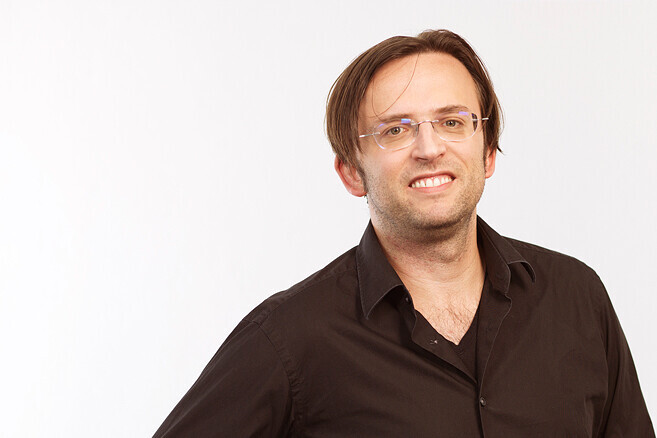
Why are cancer cells immortal, what genes do they depend on, and how can we exploit cancer-specific vulnerabilities for cancer therapy?
Adjunct Investigators
Adjunct investigators are typically principal investigators who have moved with their labs from the IMP, but maintain and affiliated status for a certain period of time to support the transition.
Luisa Cochella (Johns Hopkins School of Medicine)
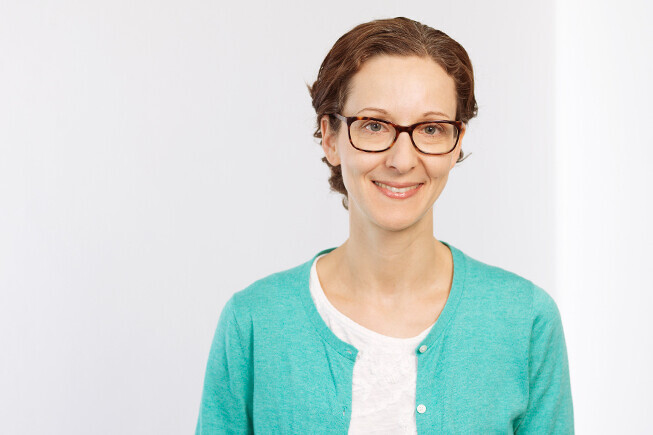
How are the many different cell types that form a multicellular animal specified during development?
Wulf Haubensak (Medical University of Vienna)
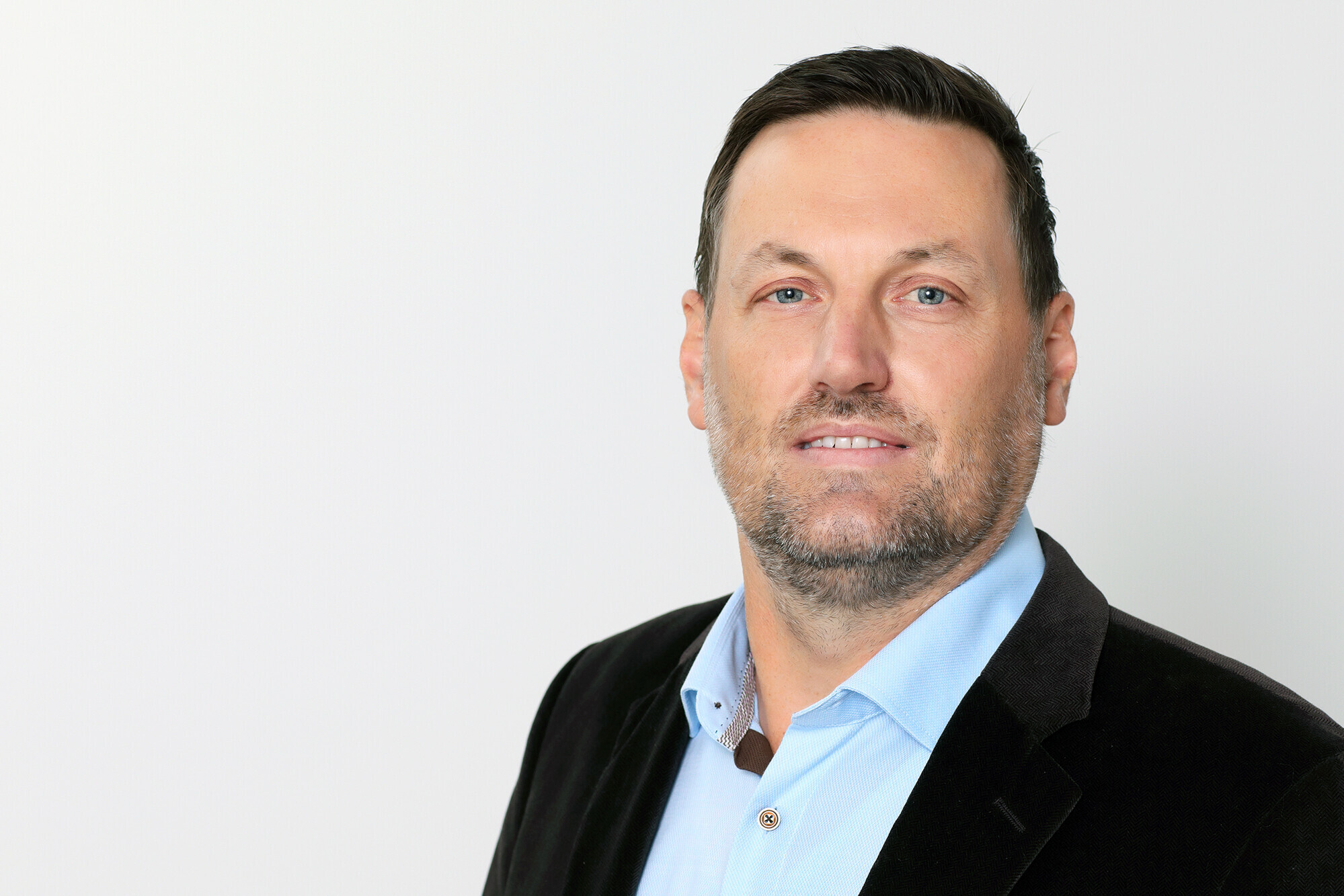
What is the neural basis of emotions and how do genes and drugs control them?
David Keays (Ludwig Maximilian University of Munich)
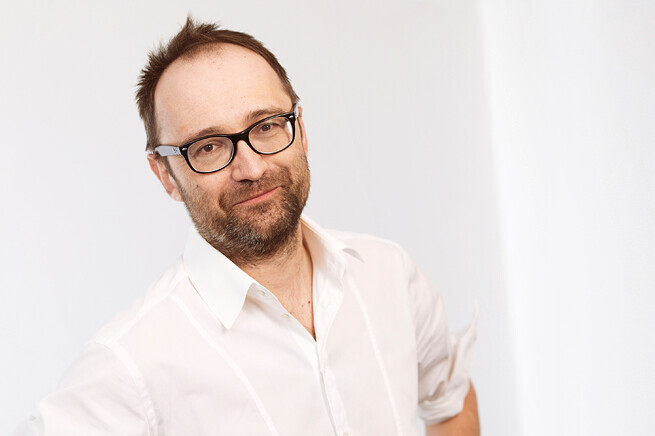
How do animals sense the earth’s magnetic field? What genes are required to build a human brain?
Rushad Pavri (King's College, London)
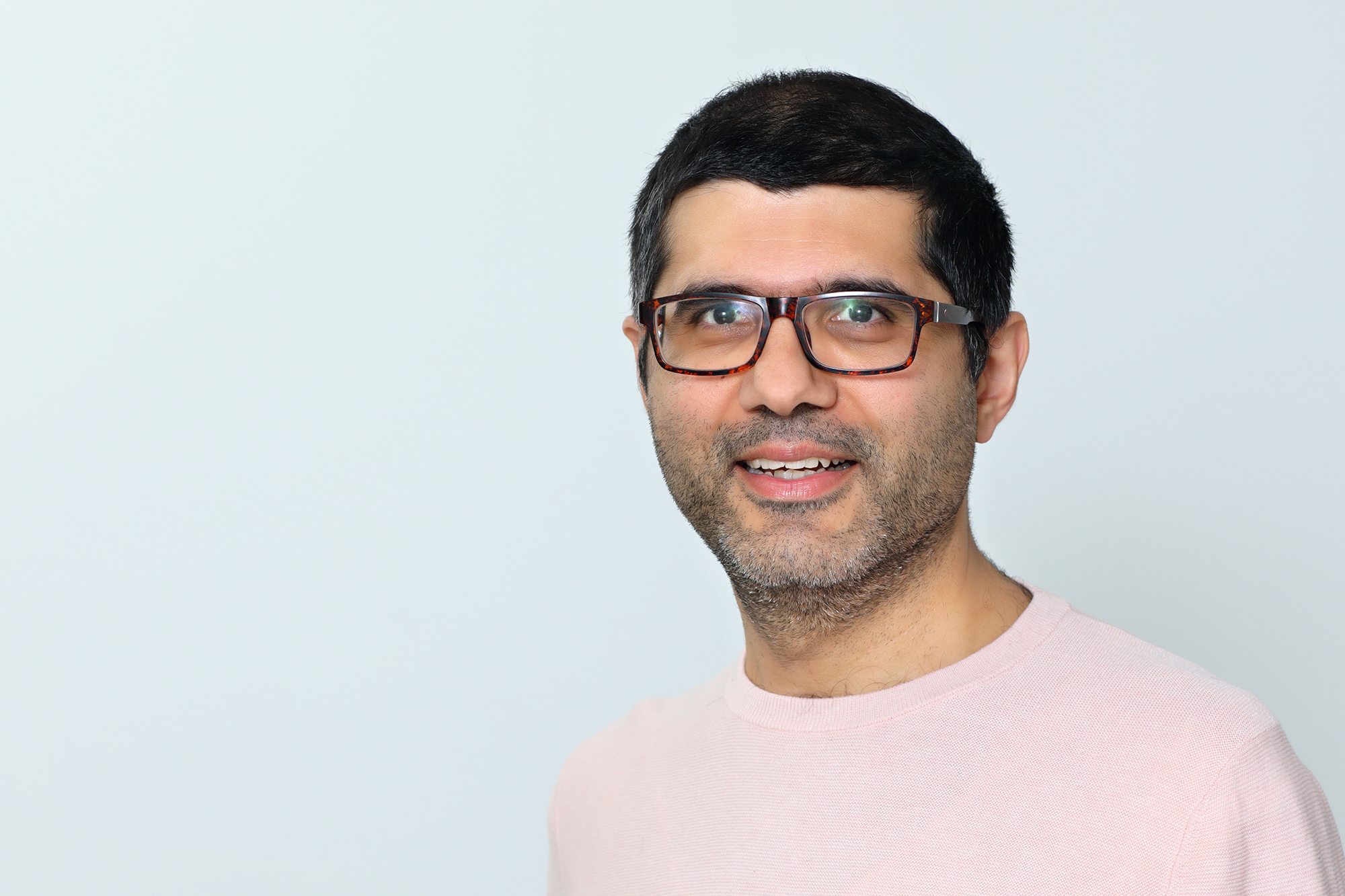
What regulates the diversification of immunoglobulin genes, which is essential for long-term immunity?
Daniela Pollak (Medical University of Vienna)
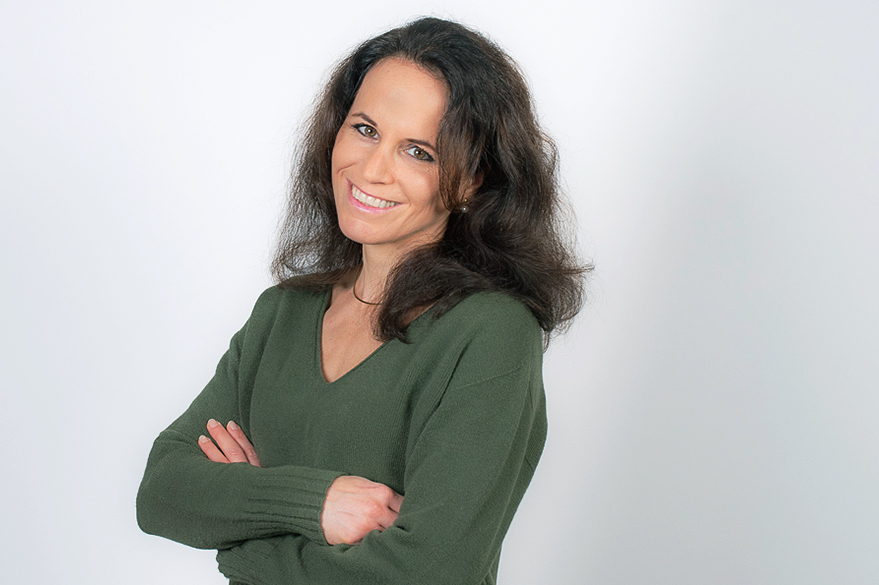
How do endogenous and exogenous factors interact in the brain to determine behavioural outputs?
Elly Tanaka (IMBA - Institute of Molecular Biotechnology, ÖAW)
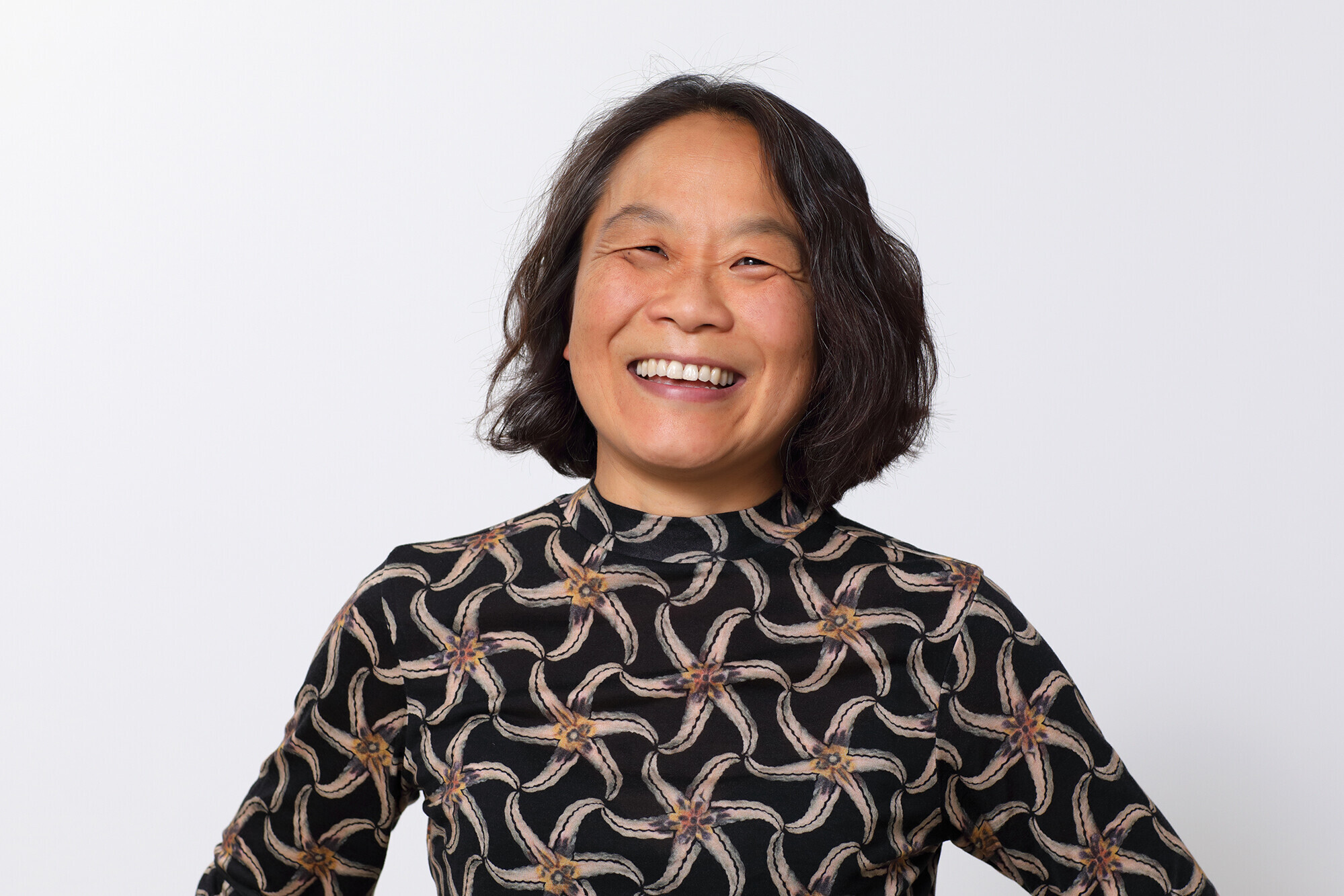
What gives a stem cell its ability to regenerate into a whole limb, and why is that ability lost in mammals?
